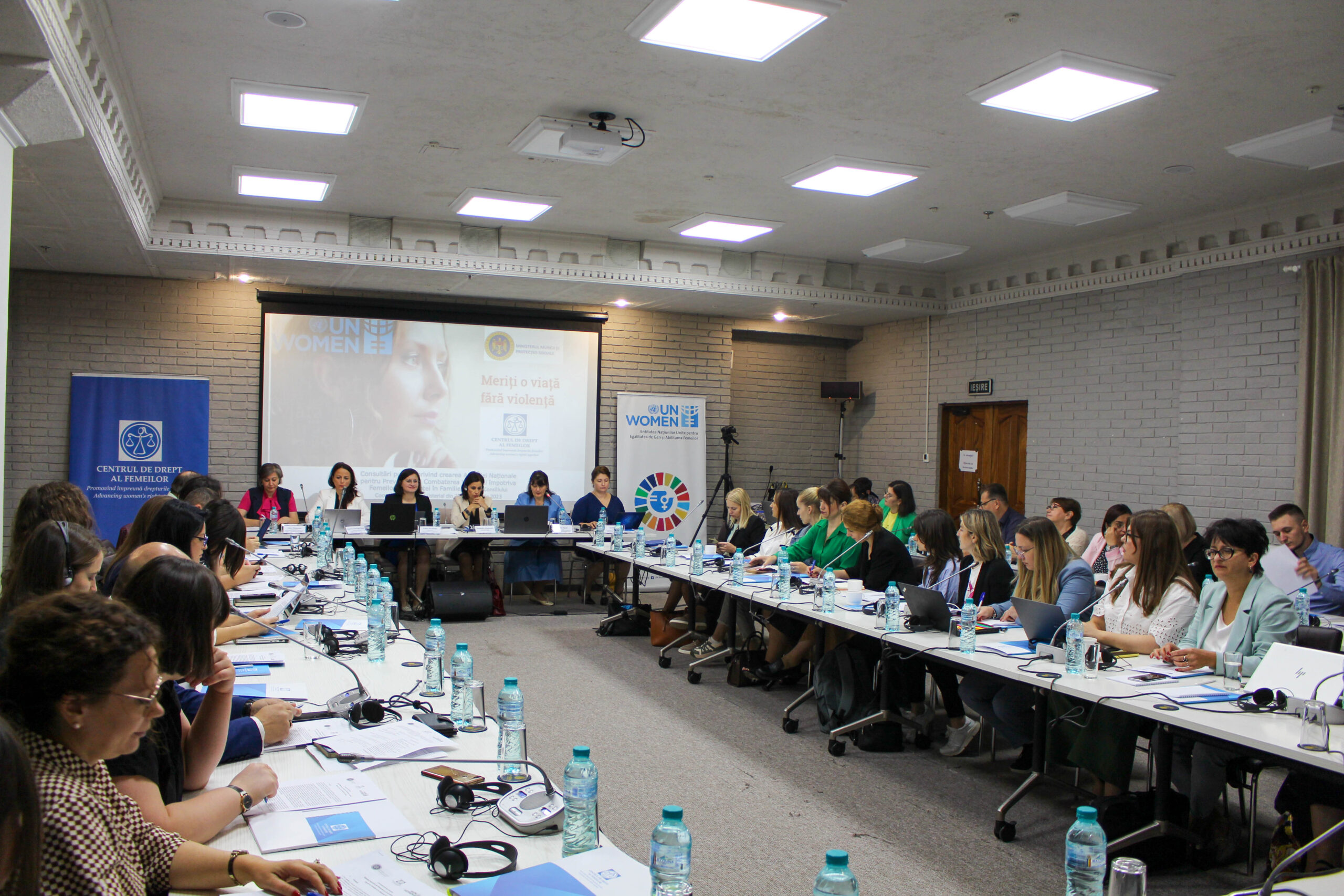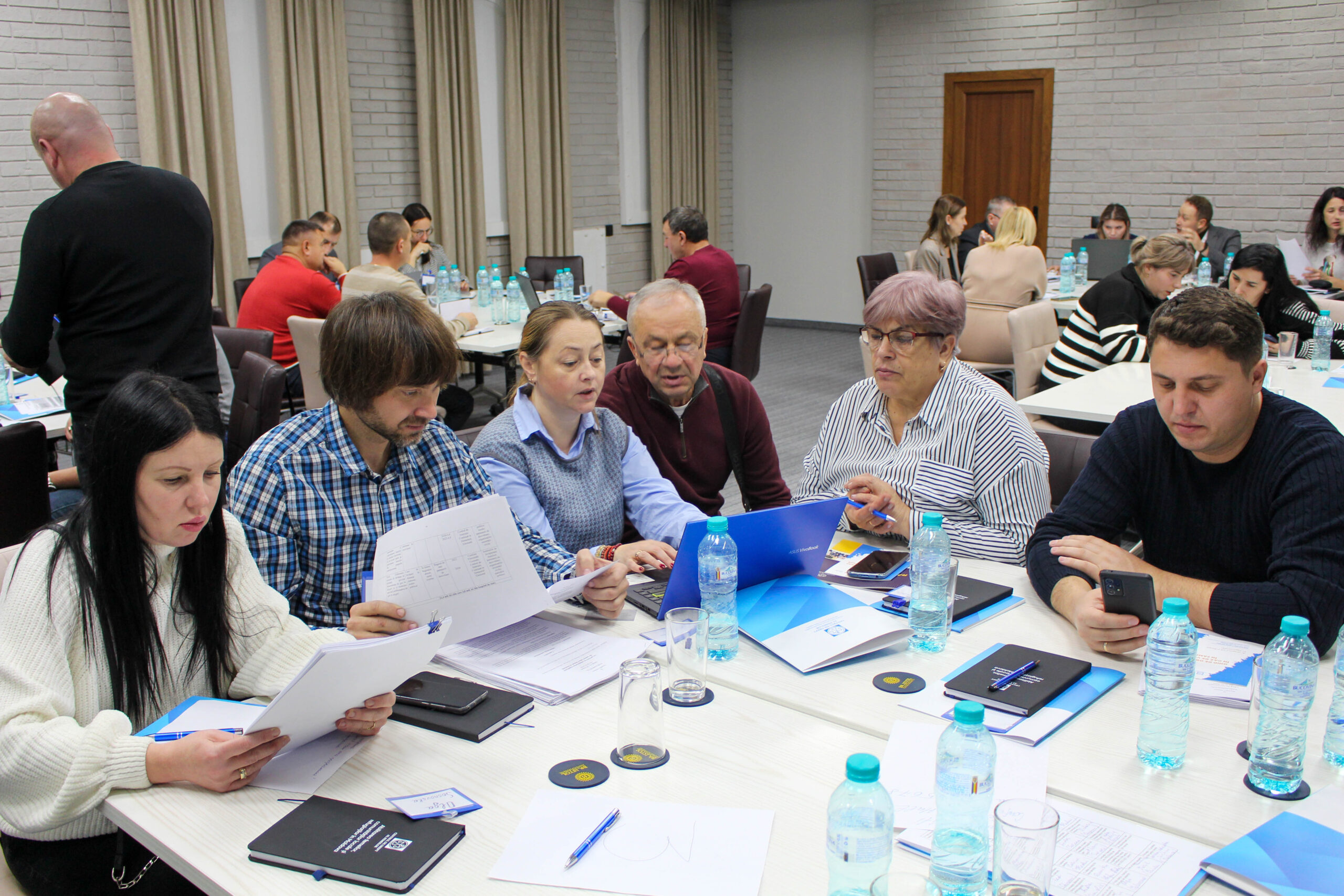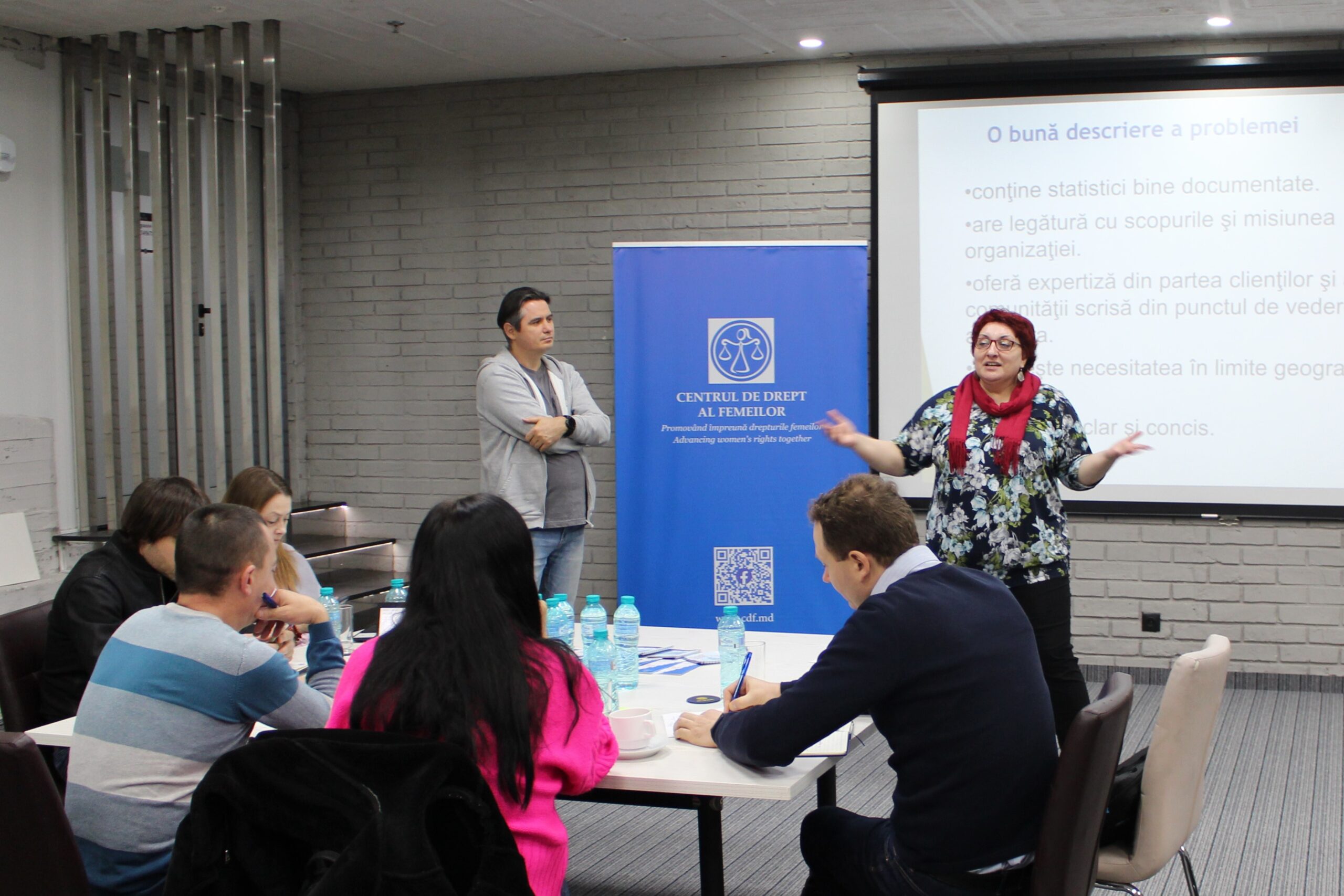What do you do before the trial in order to prepare your case?
The information in this section relates court proceedings. During these proceedings, you should be assisted by a lawyer both in preparing for hearings and the representation in court. If you choose to represent on your own during the hearing for the issuance of the protection order or in a civil case, you can find some useful recommendations in this regard.
Contact the witnesses of violent acts or caused injuries.
Witnesses can be people who have information about any circumstances that shall be established under the case – in your case this person may be a friend, a family member, the children, the emergency nurse, the doctor, a stranger, a police officer, etc. You need to ask them to come to the court and confirm personally what they saw, what they know.
If you have ensured that the witness agreed to come to the court to confirm the acts of violence (injuries and other important circumstances) committed against you, before inviting him/her to the courtroom, you would ask the court to summon the witness chosen by you by justifying the importance of the facts that should to be established by the court with the help of this witness for the settlement of the dispute and by communicating the name and the address of witness(es).
At the same time, you should know that according to the law, there are some categories of persons that cannot be summoned to the court and heard as witnesses:
- persons who due to their young age or physical or mental disability are incapable of understanding the facts correctly and giving truthful testimonies;
- cult servants, doctors, lawyers, bailiffs, notaries and any other persons who are legally bound to keep the secret of confidential information received while on duty;
- civil servants and former civil servants, in relation to the data that represent a secret protected by law, which they received in this capacity, if they were not exempted, in line with the law, from the obligation to keep it;
- persons who, according to their position, participated in the development, execution or dissemination of periodic publications, TV or radio shows about the personality of the author, executor or developer of materials or documents, about the information received from them about their activity, if the materials and documents are intended for the editorial office;
- judges, about the issues occurred when debating the circumstances of dispute in the deliberation room when pronouncing the decision or the sentence.
It is not likely that in your case of violence you will need witnesses from these categories, but such cases are possible.
You should also know that certain witnesses have the right to refuse to testify, such as:
- husband against wife, wife against husband, including divorced spouses, children against parents, including adopted children, parents against children, including adopted ones;
- brothers and sisters against each other, grandparents against grandchildren, grandchildren against grandparents;
- fiancées, cohabitants against each other;
- the person whose testimonies may cause material or moral damage to the witness or to persons with whom they are in a relationship as referred in (a), (b), (c);
- the person whose testimonies are likely to bring dishonour or create a danger of administrative or criminal prosecution to them or to the persons with whom they are in a relationship as referred in (a), (b), (c);
- persons who cannot testify without disclosing professional or commercial secrets;
- MPs – in relation to data they received while on duty;
- parliamentary lawyers, with regard to the facts they found about while on duty.
If the witness, on grounds of the above-mentioned circumstances will refuse to testify, she/he shall confirm in written form the refusal to testify, by documenting the reasons for the refusal. The court shall notify the parties about the refusal of the witness. Namely for this reason it is good to make sure that the witness accepted to give truthful testimony about the circumstances concerning your assault or other important circumstances before calling him/her to court.
If you do not have the courage to speak to the witnesses you have identified and persuade them to come to court and testify, you can ask the court directly to summon them, also by justifying the importance of their declarations.
Even if the witness was summoned directly by the court, without discussing previously with you, remember that she/he shall come to the court on the date and at the time set and testify truthfully. The summoned witness that is not able to appear in court due to medical reasons, old age, disability or other reasons they may consider well-founded, can be heard by the court at their place of residence.
Before hearing the witness, the President of the court hearing shall establish his/her identity, shall explain their rights and obligations and shall warn him/her about the criminal accountability incurred by the refusal to testify and by giving false testimonies deliberately. The witness shall sign the declaration that confirms she/he knows about his/her obligations and accountability. The signed declaration shall be attached to the minutes of the hearing.
The President of the court hearing shall explain the witness who is under 16 the obligation to give full and sincere testimonies. This witness however, shall not be held liable for refusing to testify or knowingly giving false testimony.
When hearing the witness aged under 14 or, when the court considers appropriate, when hearing the witness aged between 14 and 16, a psychologist shall be summoned to assist. When appropriate, the minor’s parents, adoptive parents, tutor or guardian shall also be summoned. The above-mentioned persons, as well as the trial participants, can, with the permission of the President of the hearing, question the witness, express their opinion about the witness and about the contents of his/her testimonies.
In exceptional cases, when certain circumstances of the dispute need to be established, the court may order, through a decision, to hear the minor in the deliberation room, without the presence of the parties or other persons. After the judicial panel returns to the courtroom, the participants in the trial shall be informed about the testimony of the minor witness.
After being heard, the witness aged under 16 shall leave the courtroom if the court believes his/her presence is not necessary.
If the person to be heard by the court is mute or deaf or if, for other reasons, he/she cannot express themselves, the questions and answers shall be written on paper and attached to the minutes, and if they cannot read or write, they shall be assisted by an interpreter.
A witness is liable under criminal law for giving false testimonies deliberately, for refusing or avoiding to give testimonies contrary to the law.
A fine of up to 5 conventional units is imposed on a witness who does not appear in court for reasons the court considers unfounded. If the witness does not appear even after the second summon, the court has the right to order to bring him/her forcibly to the court and to apply a repeated fine of up to 10 conventional units.
At the same time, the witness has the right to the reimbursement of expenses incurred in connection with his/her summons and to compensation for being distracted from his/her usual occupations, the amount of which is determined by the law.



